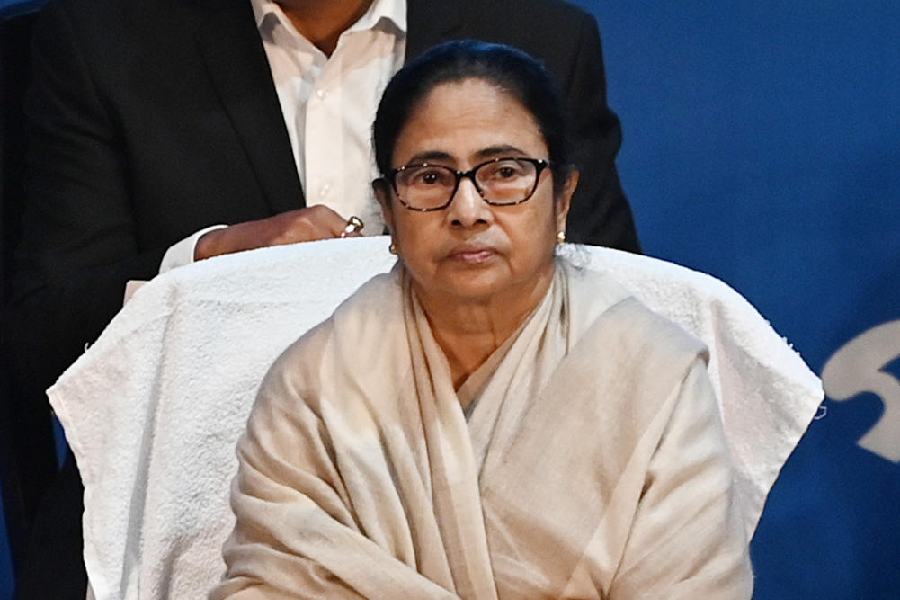The dengue menace — an annual spectre — has returned to haunt Bengal and some other parts of India. Climate change-induced intermittent rainfall, interspersed with hot spells along with poor civic amenities and practices, provide the perfect breeding ground for Aedes aegypti, enabling the spread of this vector-borne menace. India logged 94,198 positive cases till September 17. The institutional response, however, has been uneven in terms of regions. While several states, including Kerala and Karnataka, have been combating a surge in cases, they have regularly updated their official figures in the public domain. West Bengal — the surge in infections this year in the state has been more severe than the deadly outbreaks in previous years — has, however, chosen to swim against the tide. The slot allotted to West Bengal on the website of the National Center for Vector Borne Diseases Control, a nodal agency under the Union health ministry, has reportedly been showing “Not Reported” for registered cases and fatalities. This in spite of the fact that Calcutta logged around seven deaths till Sunday from a single municipal area. The crisis is twice as bad in rural Bengal, with districts like Murshidabad, Nadia and the North 24 Parganas experiencing similar upticks. There are other instances of opacity in Bengal’s dengue action plan. The authorities have been cagey about disclosing the identity of severely affected hotspots. There have also been allegations that doctors are being asked to not cite dengue as the reason for death in several instances.
What is unfathomable is that state health officials are arguing that the publication of official numbers would lead to mass panic — Bengal refused to share details of its dengue burden in 2018 and 2019 as well. Its recalcitrance about putting the data on record not only betrays loopholes in its combat strategy but also raises ethical and medical concerns. The unavailability of data makes mitigatory interventions difficult since localised outbreaks are a common phenomenon. Gauging the magnitude of the crisis and designing appropriate responses are hindered in the absence of such critical data sets. The people have a right to know about the state of affairs and the blatant disregard for transparency is a violation of their right as well as of the protocols of public health management. The intention, obviously, is to protect the state government from being accountable. That goes against the demands of democracy.











